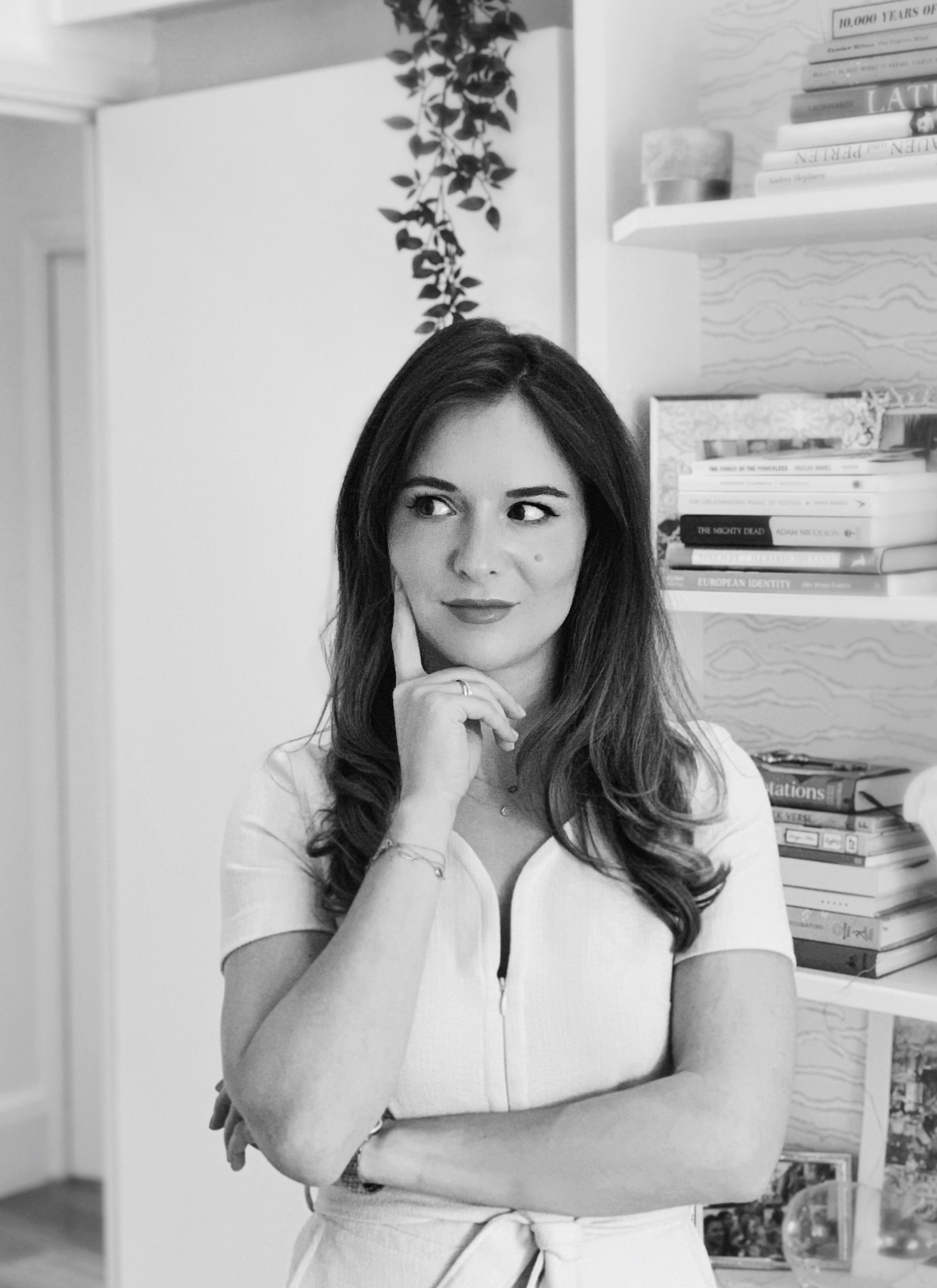I’m one of those happily complicated “citizens of nowhere,” someone without an easy answer to the question “where are you from?,” a question so straightforward to many, but one which has never been that way for me.
Usually I reply along the following lines… I was born in Germany, but moved to the States when I was 5 and moved back to Germany when I was 15. After finishing school, I came to the UK to study, eventually settling in London, while my family lives between Germany and France. My father is British and my mother is Romanian (she made sure I didn’t forget this heritage!) It’s a long story, but one which I have to say in its entirety, because that’s the truth of where I’m from: basically, all of the above.
Often, my reply is followed by “but what nationality do you feel?” or “where do you feel most at home?” I do not feel like any one nationality and I don’t particularly feel ‘at home’ in any of the countries mentioned above – I really feel like a mix of all the places and cultures I’ve lived in and experienced, even some in which I’ve never lived but have spent considerable amounts of time, such as Romania or Greece.
Essentially, I’m a rootless cosmopolitan and I am a-ok with that.

But if I really had to describe myself and ‘what I feel,’ I would say: European. Honestly, that is the identity that I feel closest to and after having lived in and experienced many different cultures (European & non-European alike,) I feel confident that this is a legitimate identity unique in its own way, one which is not mutually exclusive from our local identities.
I feel European as well as German, Romanian etc. After speaking with many people that I’ve met in many different places, I realised that I’m not alone in this. Which leads me to…
Why did I start this blog? Because I believe that there is a common European identity that complements national identities and I want to explore this idea in depth, hopefully in an informative, engaging and relatable way.
I am a passionate European and believer in the European project under the EU, but I am not a federalist. I don’t think it’s possible for us to discard national identities entirely, and even if it were, that is not a vision for Europe I would ever support. It’s from our diversity that we also draw our strength – sure, compromise and consensus are difficult with so many different nationalities, histories, & political cultures, but we also learn from each others’ differences and experiences. The EU’s motto is that we are ‘united in diversity’ – and I, for one, think that this is more accurate that many would have us believe. We are different, but we are bound by common values that differentiate us, even from other ‘Western’ nations.
.

I want to explore what those common values are, what it means to be “European” and, hopefully, make my small contribution towards re-energising the European project. It needs our help. For it to thrive, we have to be engaged. And for us to be engaged, we have to be inspired, which is what I hope to do via Vox Europae.
Vox Europae means “voice of Europe” in Latin and it is this voice, essentially, that I will try to capture and explore using the medium of this blog. I’ve always had a love for Latin and the Classical world – I studied the Classics before finishing with Politics & International Studies at Cambridge University, so it holds a special place in my heart. I wanted a Latin name not only because of this, but also because the Classical civilisations of Ancient Greece and Rome are the very foundations upon which European society and culture is built. If people stop learning their common history or what common values binds them together, the European project really is at risk of fragmenting.
The EU is far from perfect, but it’s the best system we’ve come up so far of working together at a supranational & global level to tackle what is a rapidly changing world.


